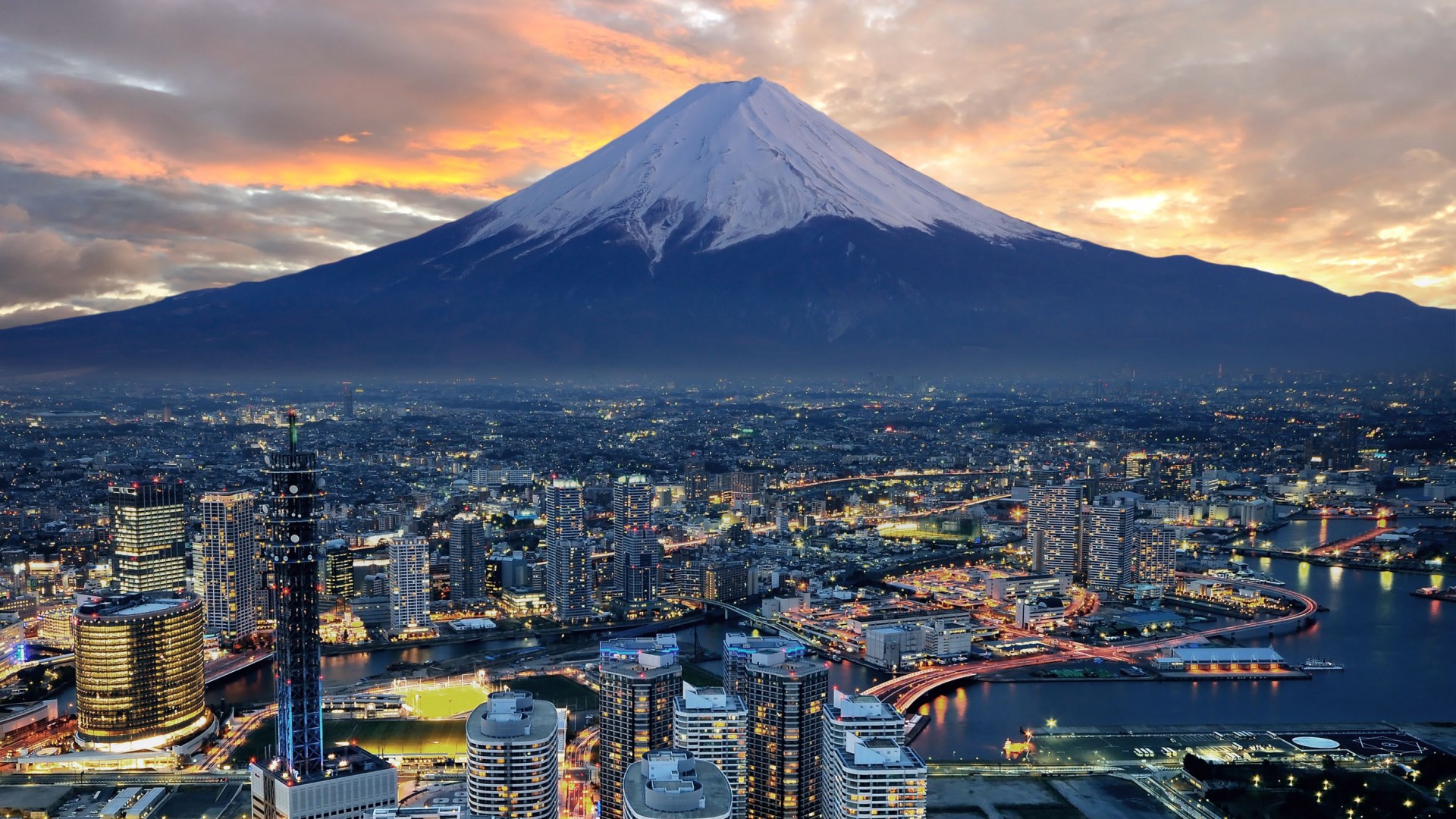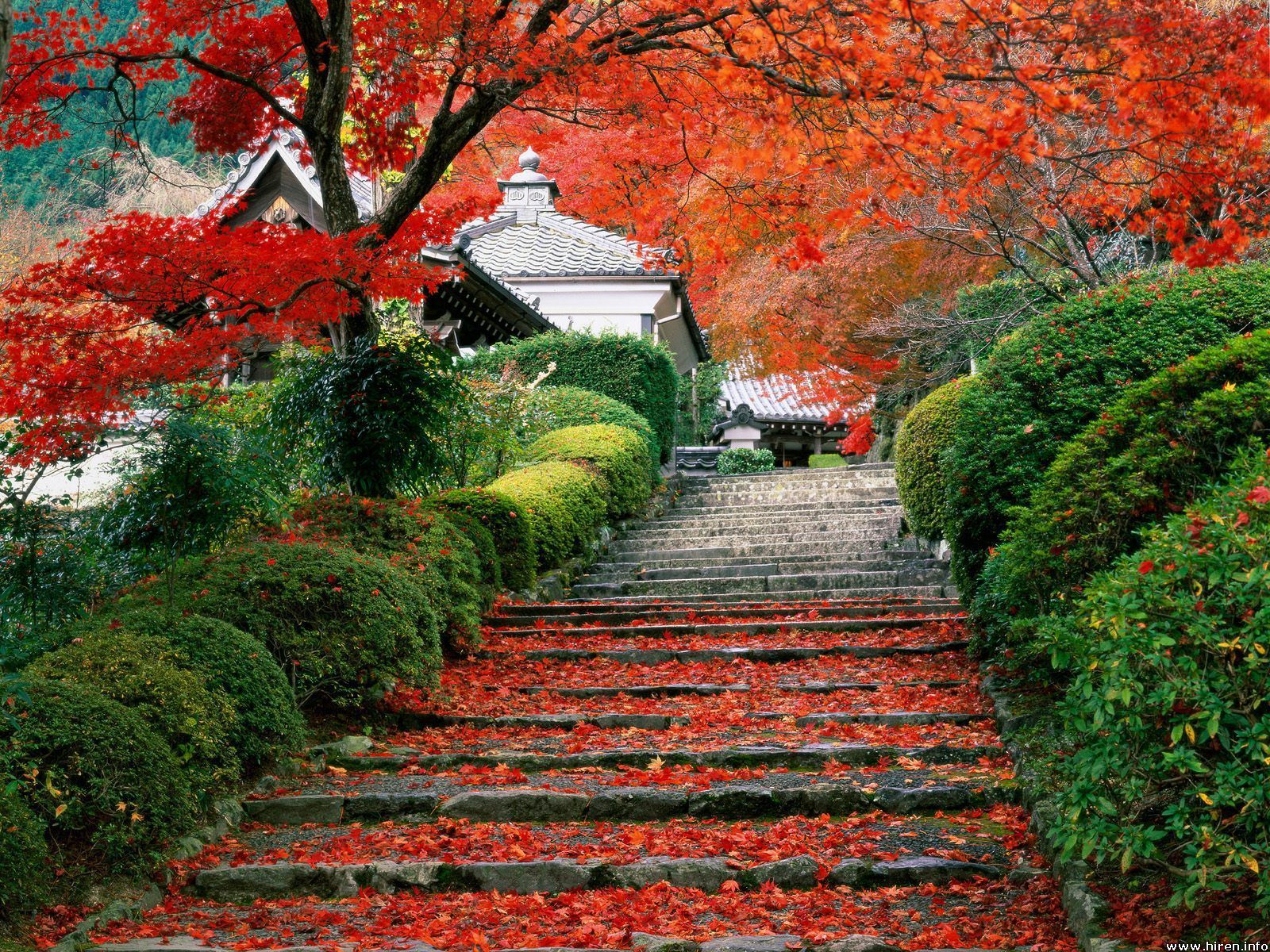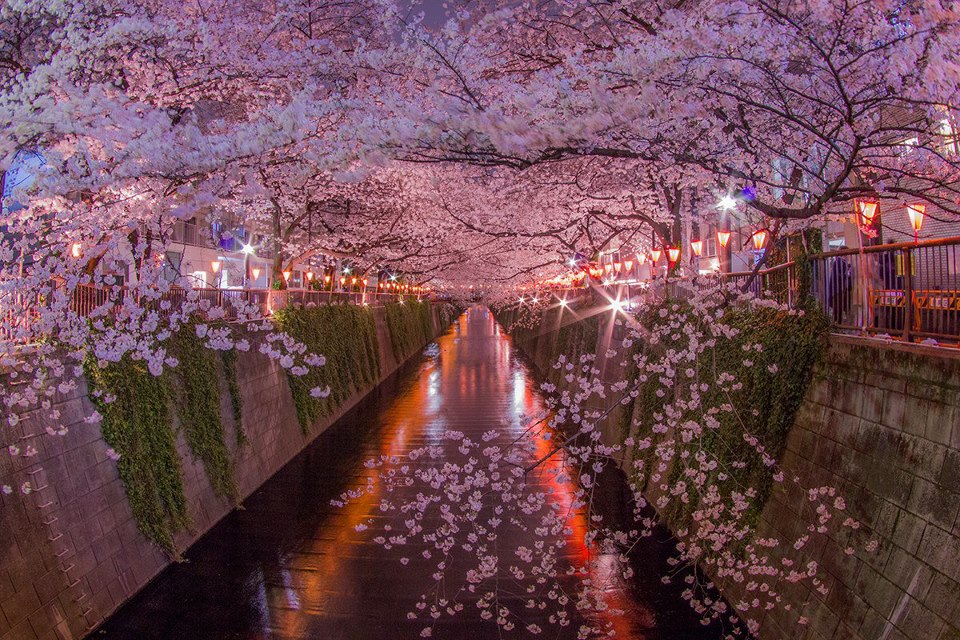Lesson 1-Greetings
Let’s learn Japanese greeting phrases that are used in everyday life.
Please note that you use informal expressions (casual) for your immediate family and close friends. You use Formal expressions (polite) when communicating with older people, strangers and superiors. (boss, customer etc)
Basic greetings
Ohayou: Good Morning (informal)
おはよう
Ohayou Gozaimasu: Good Morning (formal)
おはようございます
Konnichiwa: Good Afternoon (informal/formal)
こんにちは
Konbanwa: Good Evening (informal/formal)
こんばんは
Oyasuminasai: Good night (formal)
おやすみなさい
Oyasumi: Good night (informal)
おやすみ
* You can say Konnichiwa and Konbanwa in both formal and informal situations.
Arigatou:Thank you (informal)
ありがとう
Arigatou Gozaimasu:Thank you very much (formal)
ありがとうございます
Doumo Arigatou Gozaimasu:Thank you very much (formal)
どうもありがとうございます
Doumo: Thanks (informal)
どうも
Dewa Mata: See you/ Bye (informal)
では、また
*Mata means again. Dewa is well. So Dewa mata means well again, which is equivalent to saying “See you” in English. This is a very common expression.
Ja mata: See you/ Bye (formal)
じゃあ、また
*Ja is less formal than Dewa.
Ja matane:See you/Bye (informal)
じゃあ、またね
*Ne is used when you are looking for agreement. “Isn’t it” or “right?” will be a good translation.
Sayounara:Good bye (Formal)
さようなら
*Just like English, “Sayounara” can mean that you won’t see that person again.
Shitsureishimasu: しつれいします (Formal)
*This means “I am going to bother you.” This is a common expression used when you are entering into your superior’s room or getting off the phone with your boss. So this is a formal expression.
Osewani narimashita: おせわになりました(Formal)
*Thank you very much for all the nice things you have done for me. (Formal) This is a nice thing to say to others. For example, you can say “Osewani narimashita” to your colleagues when you are leaving your position.
Hajimemashite: How do you do? (Formal)
はじめまして*This literally means this is my first time meeting with you.
Yoroshiku Onegaishimasu: Nice to meet you. (Formal)
よろしくおねがいします
*Literal translation is I humbly ask you for your kindness and support. Onegaishimasu means “please”. So this is a formal expression. This is used quite often at work. For instance, you can say “Yoroshiku Onegaishimasu” to your colleague when a new project starts.
Yoroshiku: Nice to meet you (Informal)
よろしく
Douzo Yoroshiku Onegaishimasu: (Formal)
どうぞ よろしく おねがいします
*The following expressions are used both in formal and informal situations.
Ittekimasu:I am leaving and will see you when I come back.
いってきます
Itterasshai: Please go and have a nice day!
いってらっしゃい
*Itterasshai is used in response to Ittekimasu.
Itadakimasu: Thank you for preparing a meal for me.
いただきます
*This expression is used to show gratitude for someone who prepared a meal for you. You can use say “Itadakimasu” just to thank the fact that food is available.
Gochisousama: Thank you for the meal (after a meal)
ごちそうさま
Gochisousama Deshita:
ごちそうさまでした
*This is more polite than “Gochisousama”
Greetings used in special occasions
Omedetou Gozaimasu: Congratulations (Formal)
おめでとうございます
Omedetou: Congratulations (Informal)
おめでとう
Otanjyoubi Omedetou: Happy Birthday (informal)
おたんじょうび おめでとう
*Otanjyoubi means Birthday, so this literally means Birthday, Congratulations!
Otanjyoubi Omedetou Gozaimasu : Happy Birthday (Formal)
おたんじょうび おめでとう ございます
Sotsugyou Omedetou Gozaimasu : Congratulations on your graduation (from school) (Formal)
そつぎょう おめでとう ございます
Sotsugyou Omedetou: (Informal)
そつぎょう おめでとう
How to say Yes or No
Hai:Yes (Formal)
はい
Iie:No (Formal)
いいえ
Un:Yeah, Yup (Informal):
うん
Uun:Nope, Nah (Informal)
ううん






